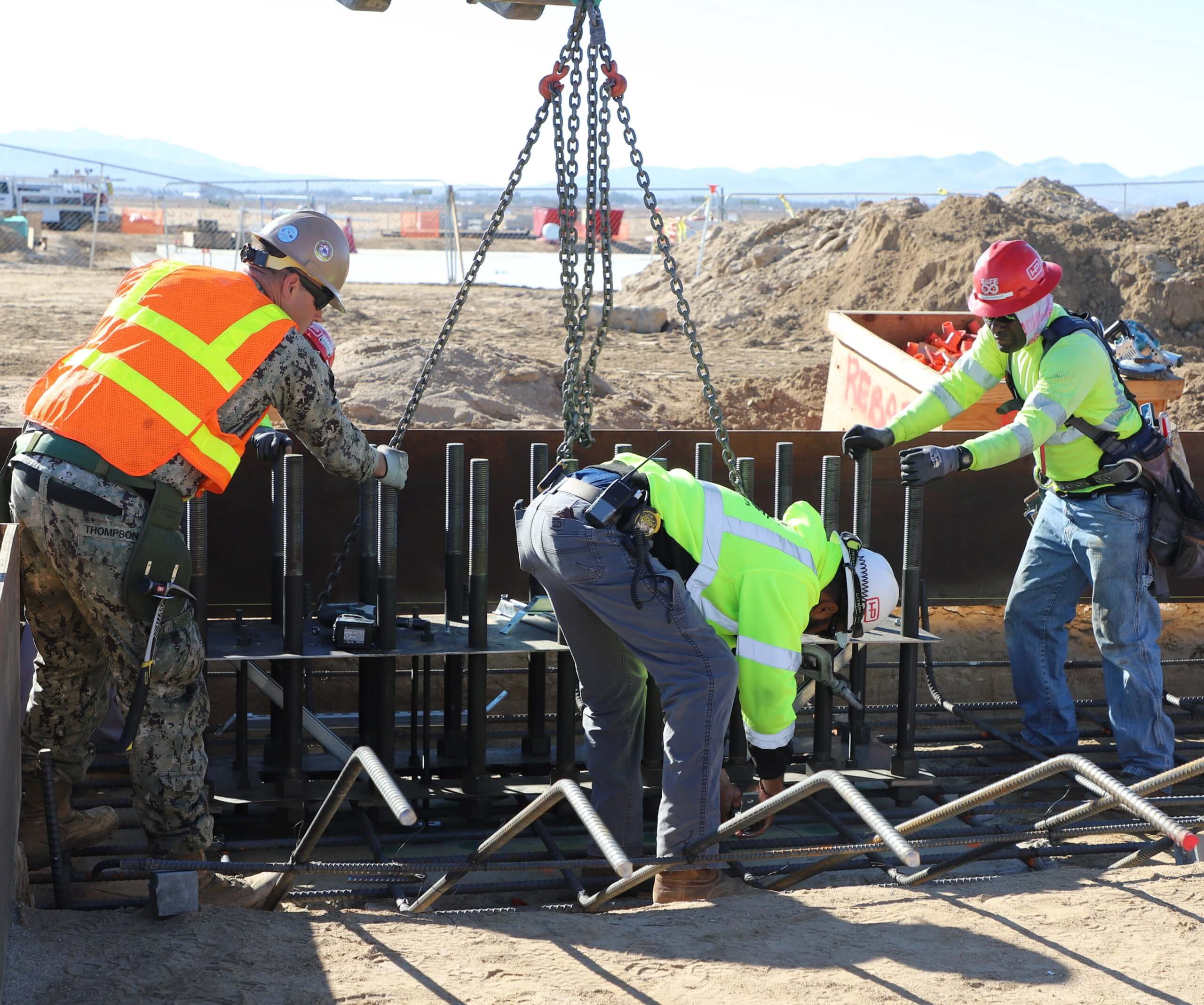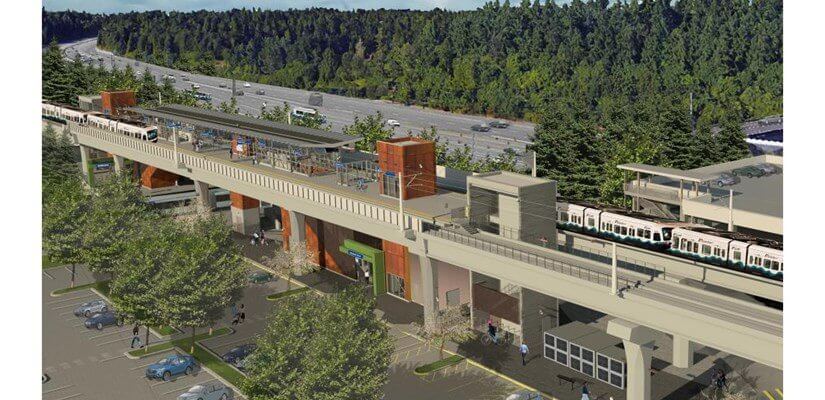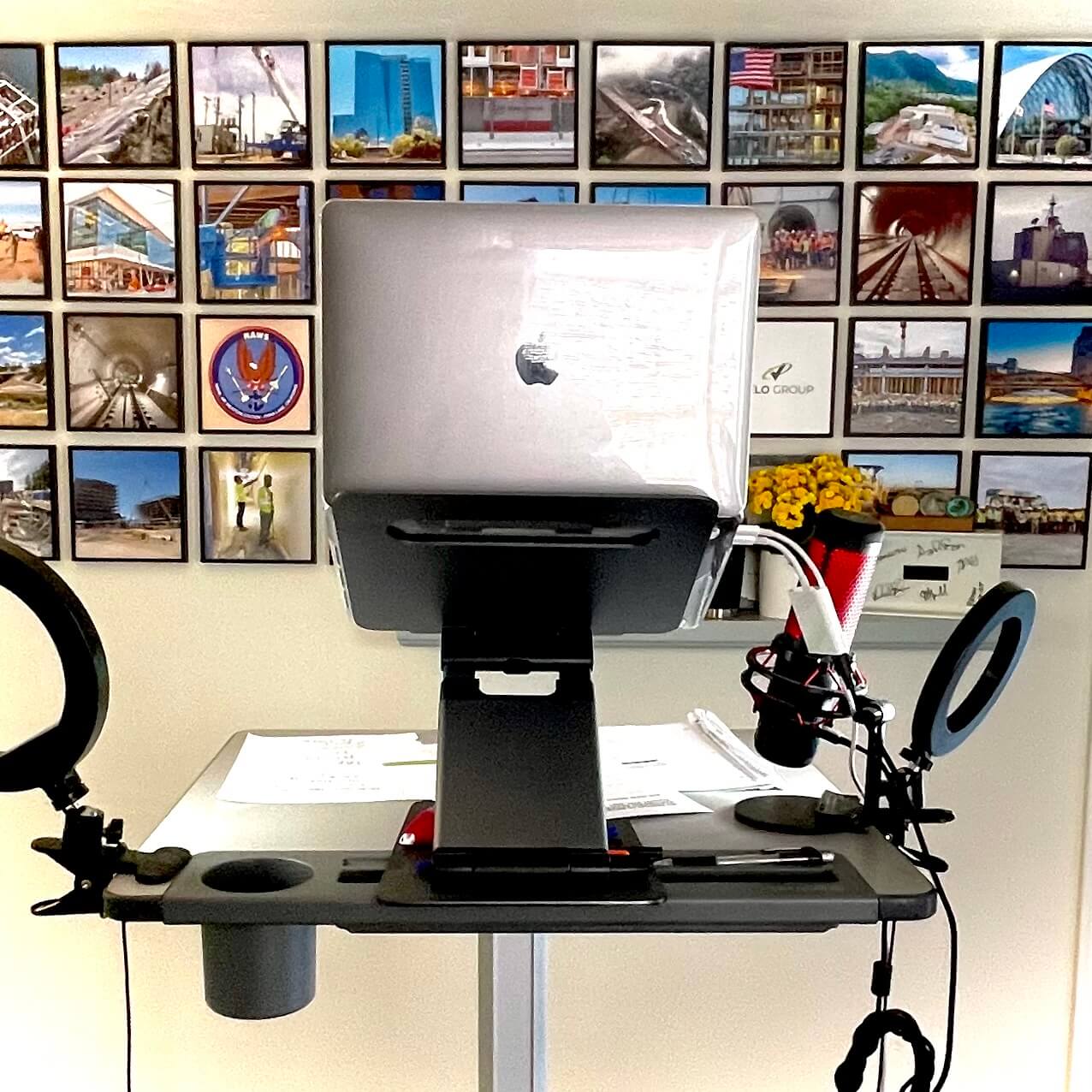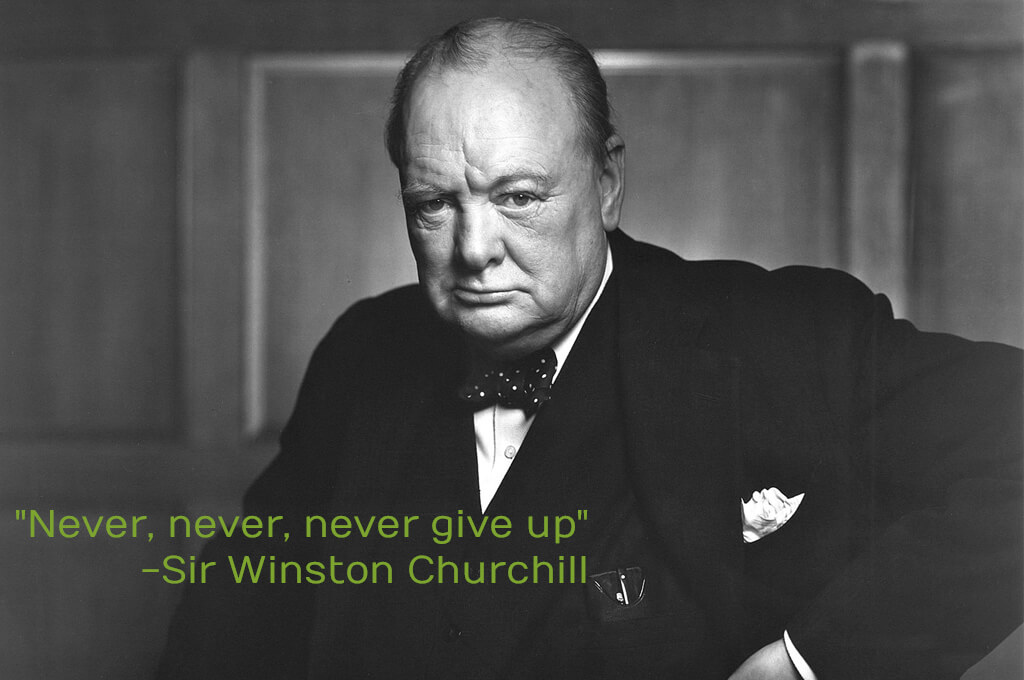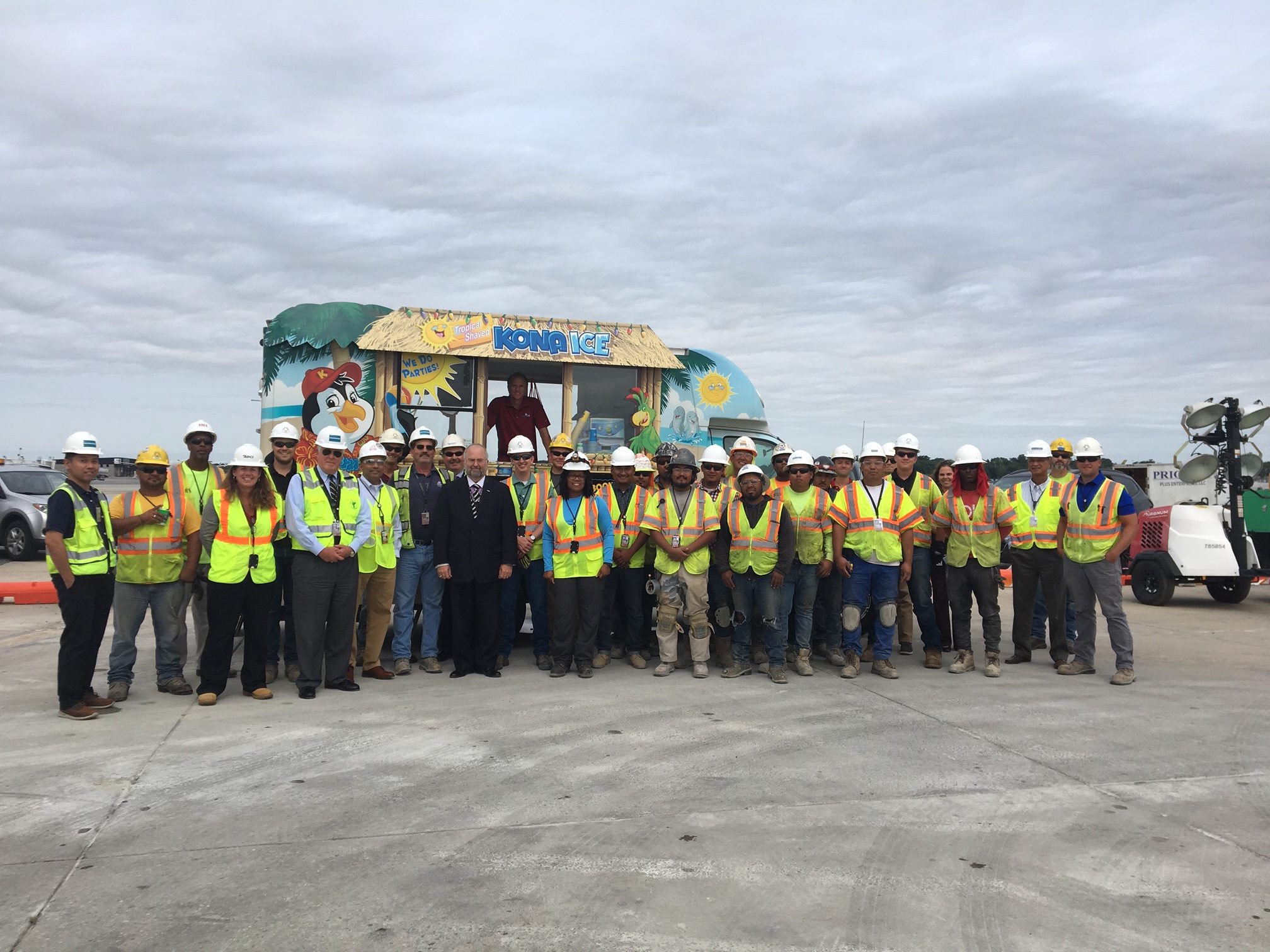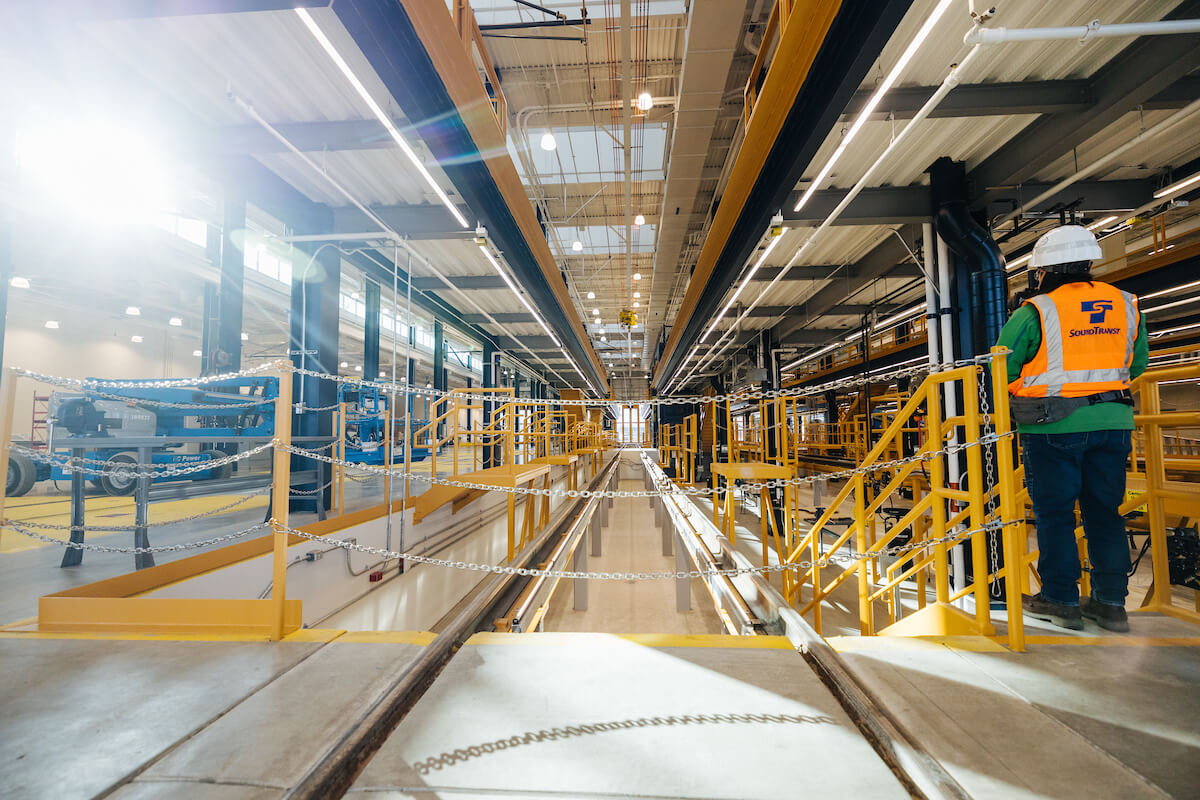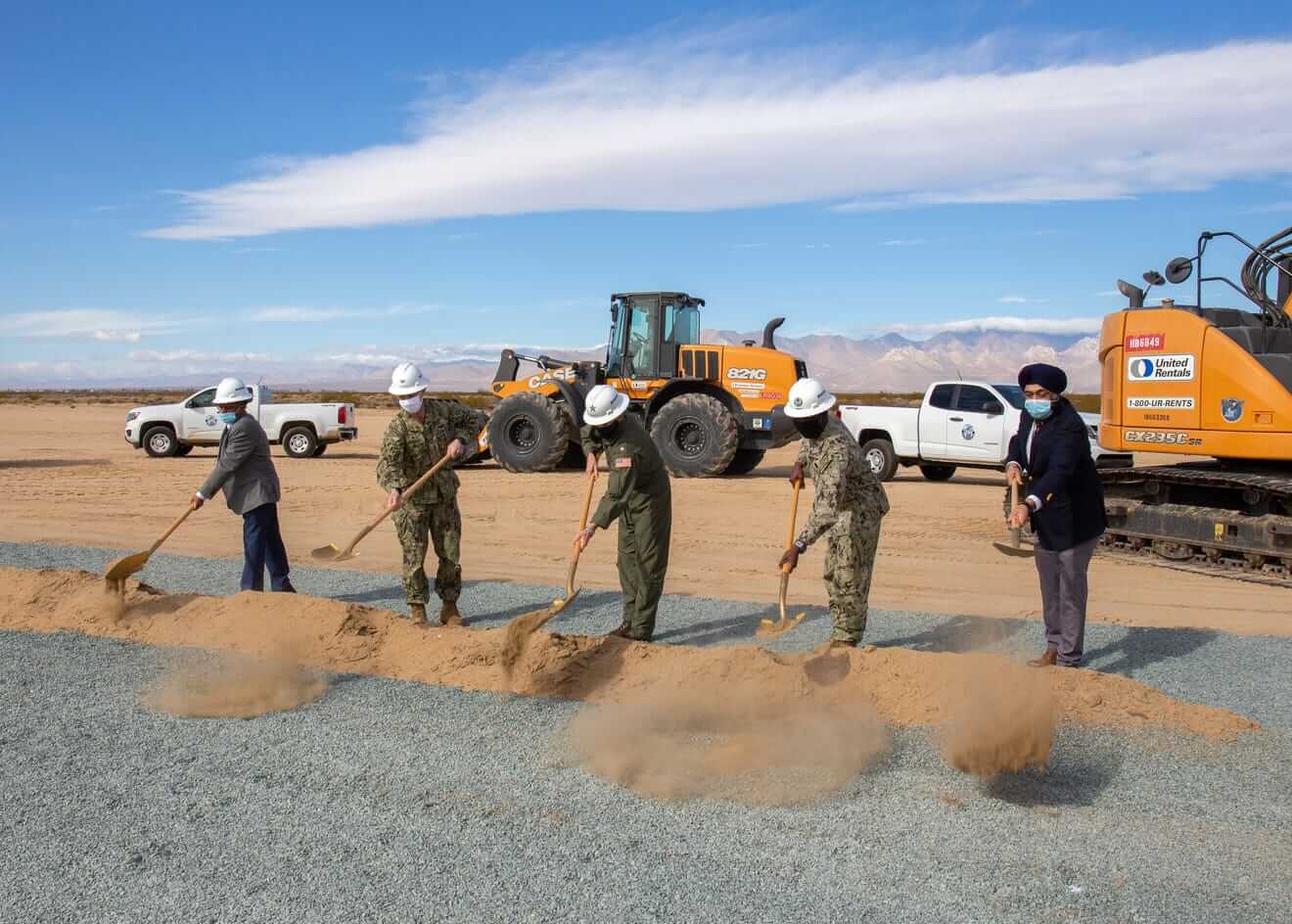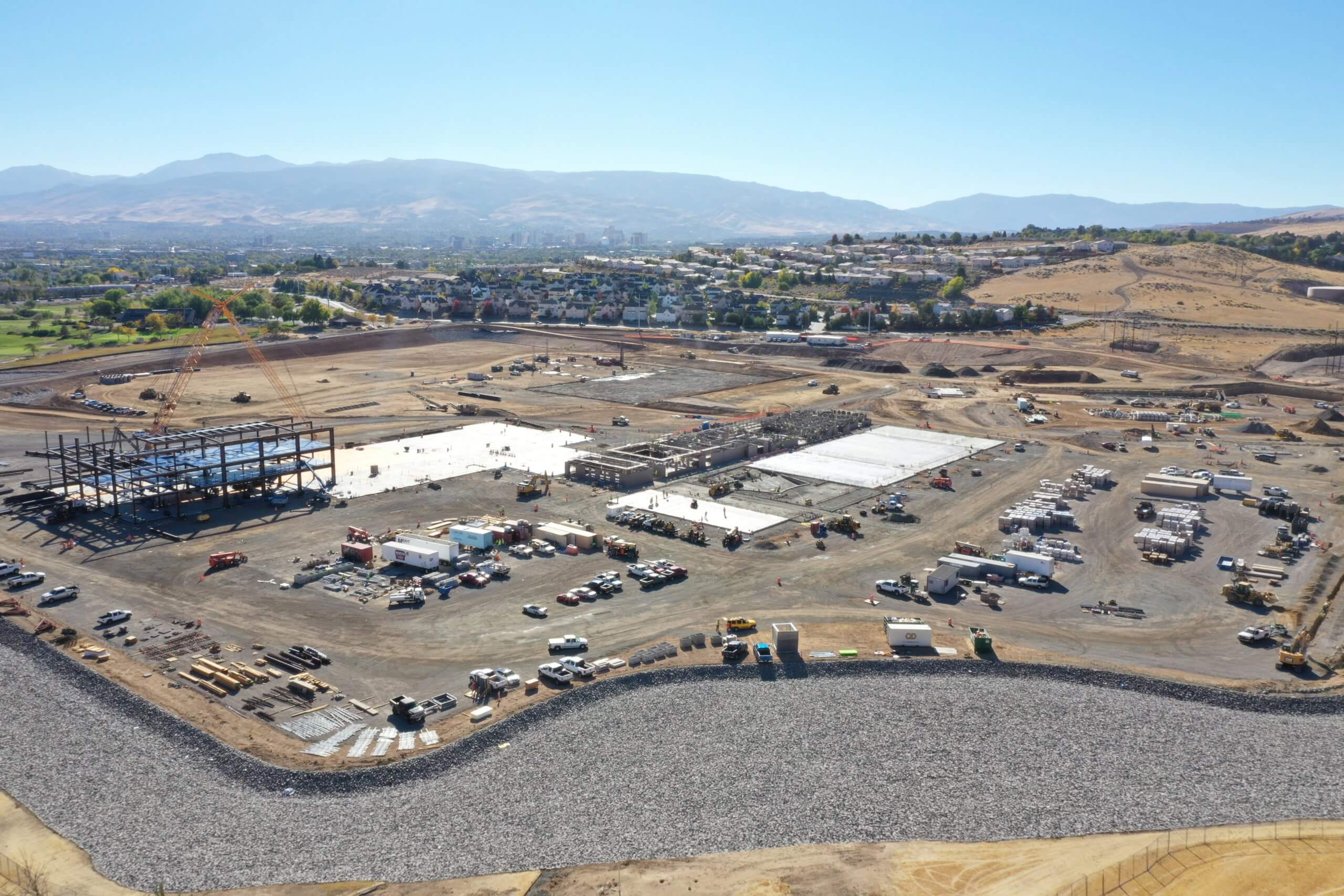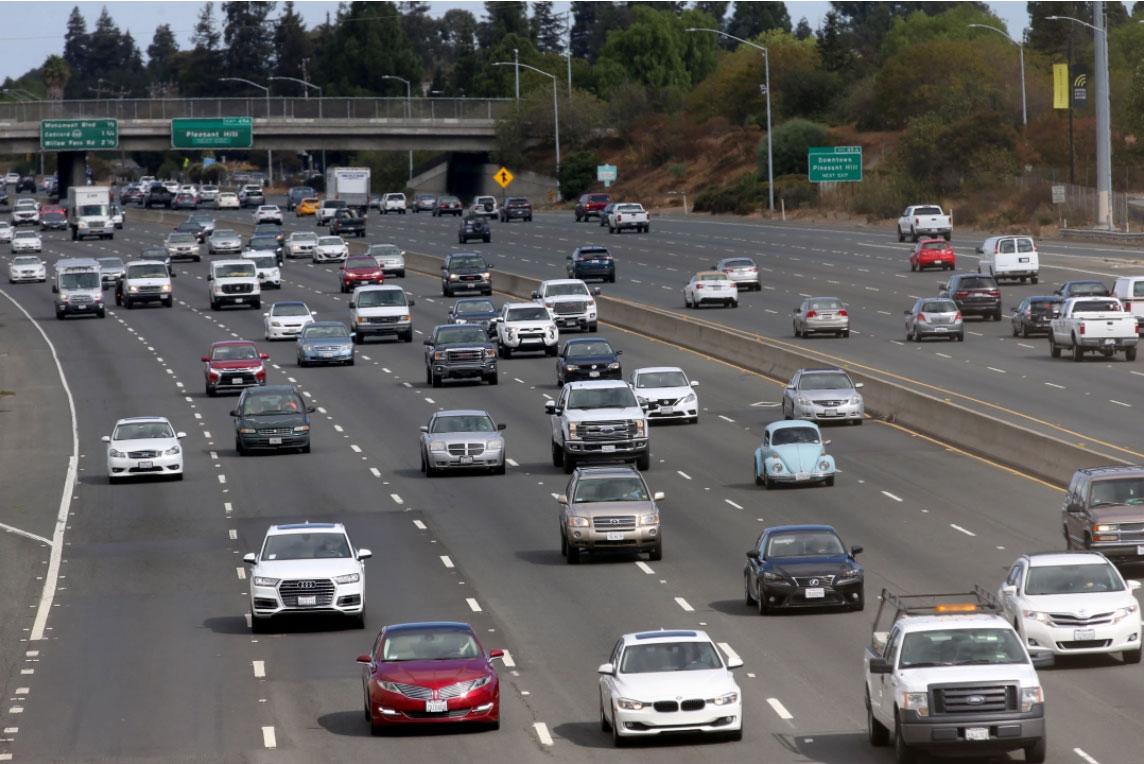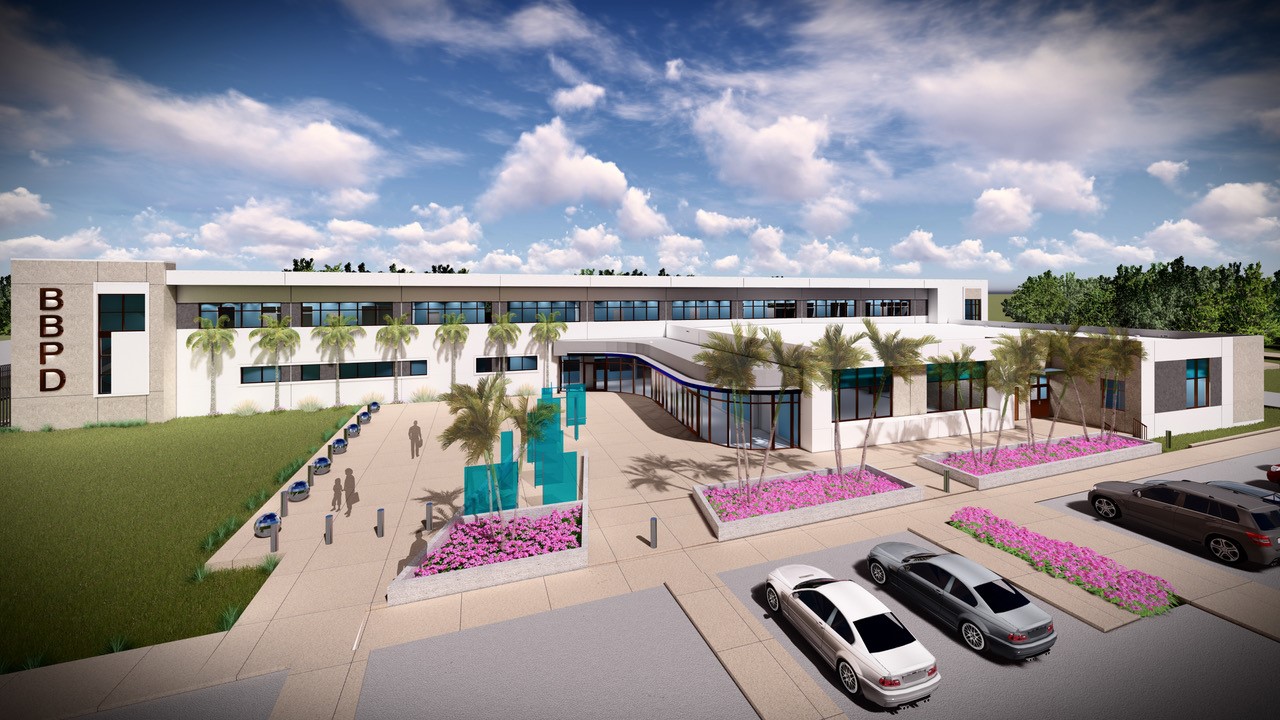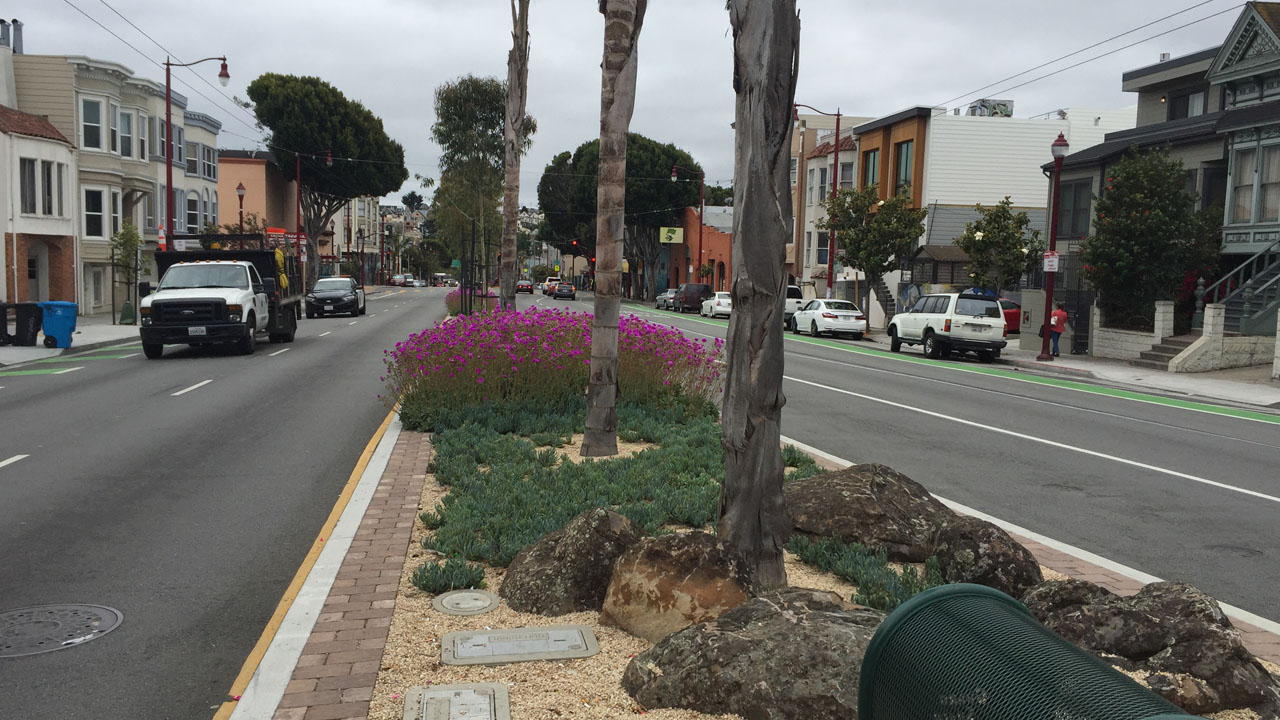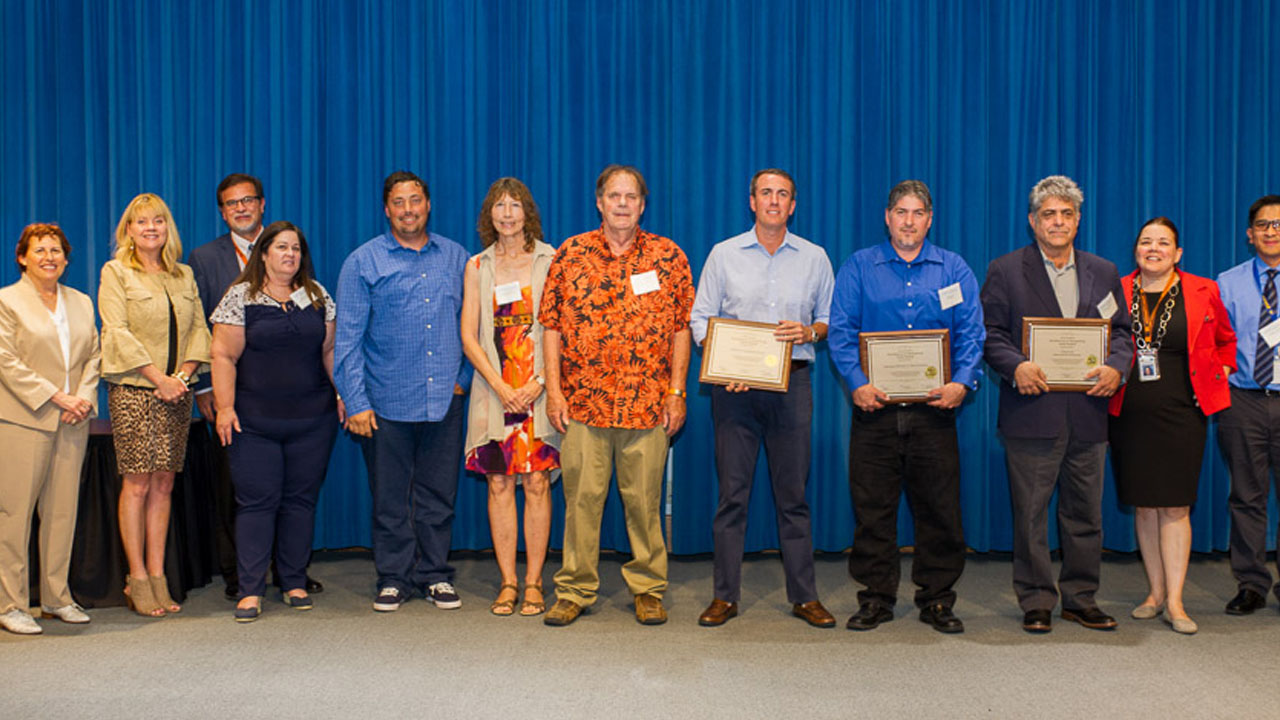-
By: Eileen Sien The beginning of the year is a time for new starts, focusing on the things we can do to be better! So how can you make your partnering process better? Here is a solution that is simple and easy to apply to any size partnering team, and will add a depth and a sense of celebration to the collaborative partnering process – Celebrating your partnering “Champions.” It is that simple. But to be
-
Creating an environment among the project team where outside the box thinking is encouraged and innovative ideas flourish is a key component of Construction Partnering. During one of the partnering sessions for the Naval Air Weapons Station China Lake Earthquake Recovery Program projects, the team came up with a novel idea to use this $2.7 billion recovery program as a training opportunity for Navy Seabees. Called the Seabees Skills Mentoring Program, this unique training program
-
The Sound Transit Lynnwood Link Extension project team celebrated a major milestone in Nov. 2021 when it reached fifty percent completion. Upon opening in 2024, the new Seattle metropolitan area light rail extension will alleviate heavy highway congestion in the area and provide quick, reliable and environmentally conscious transportation service between south Snohomish County, the University of Washington, downtown Seattle, the Eastside, Sea-Tac Airport and Federal Way. The extension includes four new stations serving Lynnwood, Mountlake Terrace, Shoreline
-
By Neal Flesner Necessity is indeed the mother of invention. We all witnessed this firsthand during the pandemic when old innovations were reimagined and new ones were created so essential businesses, like construction, could continue to operate. Many of these innovative ideas have improved the AEC industry for the better and will remain part of our normal course of business once the pandemic subsides. One of the biggest hurdles Construction Partnering companies overcame during the
-
Fostering innovative ideas is among the many benefits Partnering brings to project stakeholders. Facilitated by Neal Flesner of VELO Group, the project team at the recently opened Mauka Concourse at Daniel K. Inouye International Airport (HNL) in Honolulu, Hawaii developed various innovations, including the extensive use of construction drones, to meet the project’s goals established during the initial Partnering session. General Contractor Hensel Phelps conducted the initial drone flight to map the entire site before
-
By Neal Flesner If there is one key lesson the construction industry learned from the COVID-19 pandemic, it was the importance of cultivating a resilient project team who can pivot with changing circumstances. Deemed an essential business that needed to continue operating despite the impending spread of a deadly virus, construction companies had to quickly implement new safety processes on their construction sites and adapt to a host of other changes in response to evolving
-
Having experienced success using Construction Partnering strategies on a prior challenging aviation project together, the team on the Baltimore/ Washington International Thurgood Marshall Airport (BWI Marshall) Airport Taxiway B Reconstruction Project was already ahead of the game when they embarked upon their new endeavor together. Learning Partnering strategies to create a high-functioning team on their previous BWI Marshall project, all stakeholders were confident they could tackle any new challenges coming their way by following a
-
Congratulations to the Sound Transit Operations and Maintenance Facility East (OMF East) project team on completion of the new light rail base in Bellevue, Washington. Velo Group is pleased to have facilitated Partnering on this important public transportation project. The new 165,150-square-foot facility, which accommodates the service, maintenance, storage and deployment of 96 light rail vehicles, is a key component of upcoming Link extensions to Northgate, Lynnwood, Federal Way and Redmond. The OMF East boasts
-
Velo Group is providing Construction Partnering facilitation services for two of the three Naval Air Weapons Station (NAWS) China Lake $2.3 billion Earthquake Recovery Program projects. Groundbreaking ceremonies for the projects took place in March and April 2021. The events marked the milestones of active construction beginning on all military construction and restoration and modernization projects awarded in FY2020 for the repair and construction of research facilities at NAWS China Lake. These facilities were damaged
-
Construction is progressing on the new 295,000-square-foot Procter Hug High School in Sparks, Nev. Neal Flesner of VELO Group has been facilitating partnering on this project with the project team of Clark/Sullivan Construction, H+K Architects and the Washoe County School District since the project’s conceptual design phase in 2017. Built to replace the aging Procter Hug High School and relieve overcrowding at another nearby school, the three-level facility will be the first new high school
-
Collaborative Partnering facilitated by VELO Group was instrumental to the success of the Interstate 680 Expressway/Carpool Project. Spanning from Martinez to Walnut Creek, the final southbound 11-mile stretch of the almost 23-mile long lane opened one year ahead of schedule and on-budget. The new segment is part of the $110 million I-680 Southbound Express Lane project implemented by Contra Costa Transportation Authority. Now part of the longest continuous HOV express lane in the Bay Area,
-
Spoiler Alert: Using Partnering to improve communication is one of them Partnering is playing a significant role in aligning the many project team members involved in the $250 million Boynton Beach Town Square mixed-use project currently underway in Boynton Beach, Florida. The project is being developed using a 501(c)(3) tax-exempt P3 (public-private partnership) financing approach to build out the public portion of the 20-acre site, including a city hall/library, police station, fire station, and city
-
The San Francisco Collaborative Partnering (SFCP) consortium honored teams on two facilitated projects—Zuckerberg San Francisco General Hospital Hybrid MRI/IR and Potrero Avenue Roadway Improvement—during its inaugural Partnering Awards Ceremony in September 2018. Both projects were facilitated by Neal Flesner. Founded by the San Francisco Collaborative Partnering Steering Committee, the SFCP Awards Program recognizes teams that implement best practices and foster collaborative relationships on City of San Francisco building and infrastructure construction projects. According to SFCP,
-
Three world class heavy/highway project teams were honored at the 2018 Caltrans (California Department of Transportation) Excellence in Partnering Awards ceremony in June. In its 18th year, the Caltrans Partnering Awards recognize Caltrans project teams for utilizing Partnering and its best practices to facilitate successful project implementation. Partnering LeadershipRE: Shaine Shahidi, Caltrans District 8PM: John Matich, SkanskaFacilitator: Neal FlesnerContractor: Skanska-Teichert, A Joint Venture Highway 101/Petaluma River Bridge Best in Class Award for Projects Greater than
-
By Neal Flesner When it comes to World Class™ construction partnering, it’s important to focus on strategic culture change versus tactical or process change. Changing Behaviors Versus Changing Culture There is a huge difference between just tweaking individual behaviors and truly changing a problem project team’s culture to one of a winning team that sustains success. For example, a project team might decide to improve their communication by implementing the practice of no e-mails or


